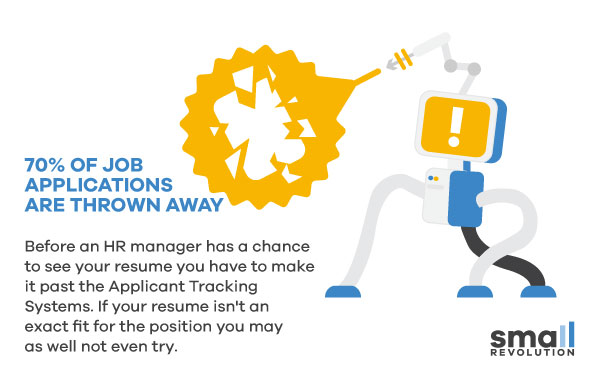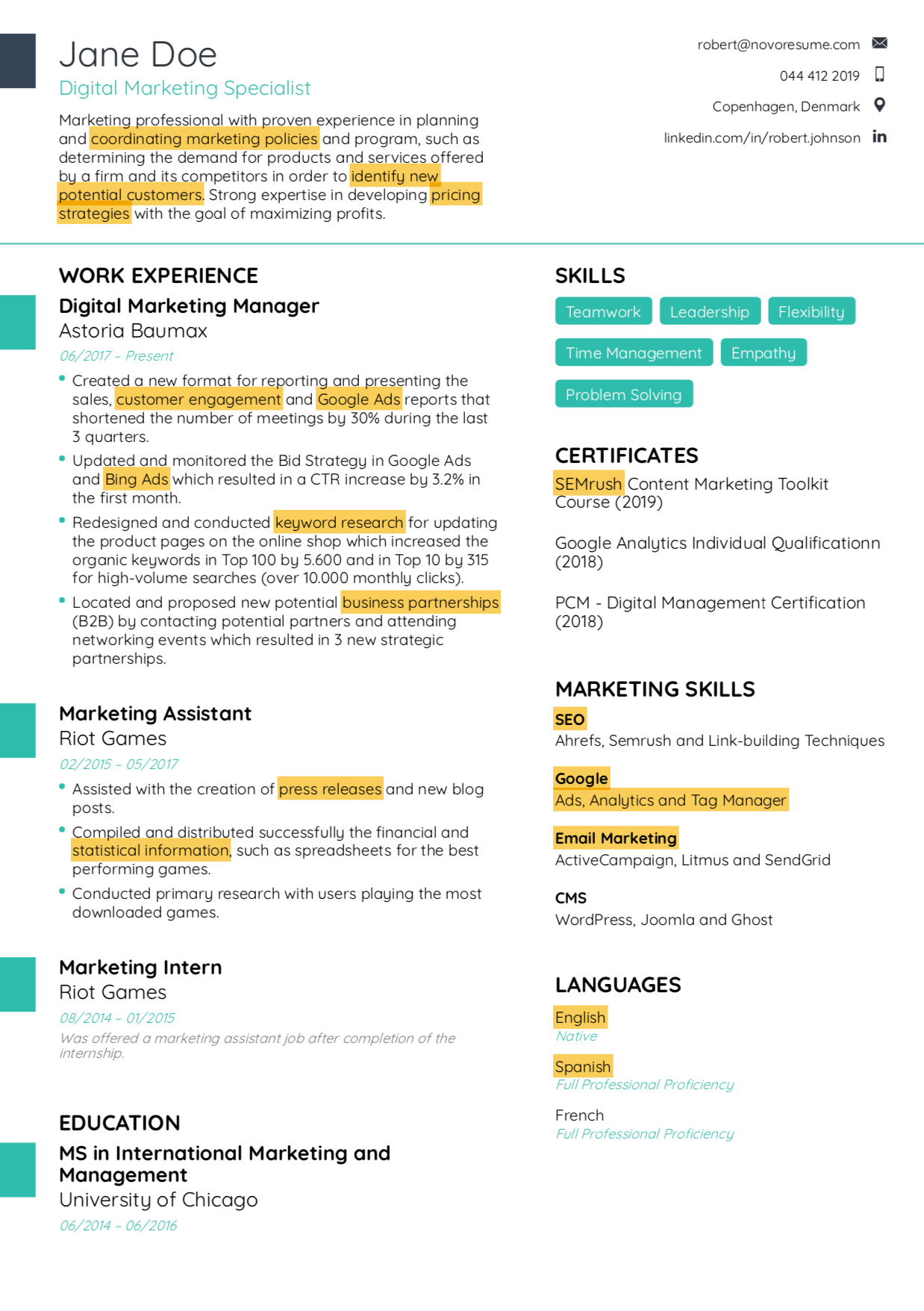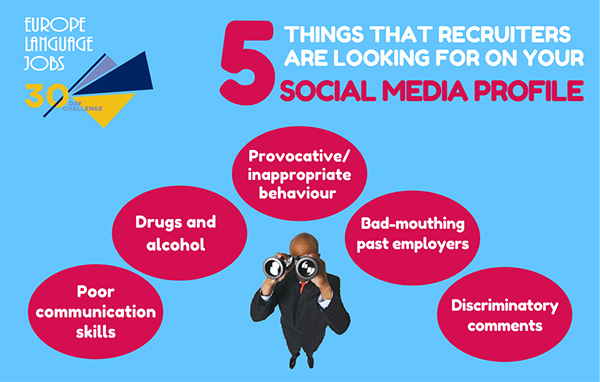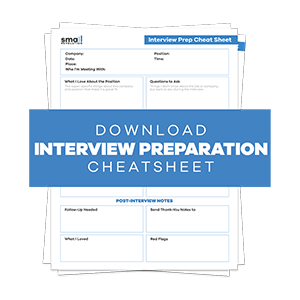You’ve lost count of the number of applications you’ve sent out for work-at-home jobs.
But something is wrong. You know this because you’re not hearing back from employers.
You are getting frustrated with the job search. Is it something about your resume? Do you lack the skills employers require? Did you send it to the wrong email? Are you jinxed?
Believe this, dear job seeker, you are not alone. On average, a single job opening attracts as many as 250 applications. Most of the people who apply for a position will probably not hear back from the employer.
But if you’re not hearing back from the majority of your applications, there’s probably another reasonable explanation. In fact, there are several reasons why many employers choose to go quiet on job applicants.
Here are some of the most common reasons:
1. Your Resume Didn’t Get Through Initial Screening
When an employer posts a job opening online, whether it is for a traditional position or work-at-home job, they’re bombarded with a slew of applications. In fact, within the first 200 seconds of posting, they will have their first application.
A large percentage of these applications will be from candidates who are unsuitable for a wide variety of reasons.
To avoid wasting time on junk applications, many employers use keyword scanners to pick out the most suitable applications.
The scanners assess your qualifications and requirements. If you have used an acceptable number of the employer’s keywords, the scanners will move your application to the next phase of the process.

In the next phase, a human from the human resource department of the company will probably take a look at your application. This preliminary screening can take as little as six seconds!
If they like your application, they will also conduct background checks.
Many potential employers will search your name online to see what else they can find about you. In fact, a whopping 70% of employers screen job applicants on social media.
They will go through your LinkedIn profile, your Facebook posts, your tweets on Twitter, and take a peek at the kind of pics you post on Instagram or Pinterest.
Your application might fail to make it through one of the phases of the screening process.
What to do:
Use Keywords
To ensure that your application gets through the keyword scanners, include verbs and phrases used in the job description in your own resume.
It’s likely that they programmed their keyword scanner to pick up these words and phrases.
Here is an example of resume keywords:

Keep the Formatting Simple
While a unique resume might impress a hiring manager, applicant tracking systems (ATS) require conformity and simplicity. Therefore, it will be better for you if you follow a simple standard style when writing your resume.
It is vital to include the traditional sections of a resume: qualifications, professional experience, education, skills, and so on. It’s best to stick to familiar fonts such as Times New Roman, Arial, and Courier.
Clean Up Your Social Media
Even something which seems to be only slightly objectionable on your social media can cause a potential employer to lose interest.
In a survey conducted by CareerBuilder, 57% of employers said they’ve decided not to hire a candidate because of something they found online.

Make sure that your social media accounts are set to “private” and delete anything that might turn off a potential employer.
Will deleting your social media accounts help? Probably not. In the same survey by CareerBuilder, 47% of employers said it would be unlikely for them to hire a candidate with no online presence.
2. You Didn’t Customize Your Resume
Do you send the same old resume to all the jobs you apply for?
This might be the reason you’re not hearing back from employers.
Today’s job market is extremely competitive and hiring managers can be quite specific in what they’re looking for.
Therefore, you have to go through the job description carefully and tailor your resume to suit the posting before sending it.
A well-tailored resume will have a higher chance of passing through applicant tracking systems. It also shows the recruiter that you’re truly interested in the position and are willing to put in the work to prove it.
In contrast, sending in an uncustomized resume makes you look lazy and uninterested… a message you never want to send to a potential employer.
Customizing your resume doesn’t mean you have to rewrite the whole thing for each opportunity.
In fact, you start looking shady if you use wildly different versions of your resume every time you apply for a position.
You should have a standard resume which you tweak to suit each application.
Here are some helpful tips on how to customize your resume:
Analyze the Job Description
Don’t rush to send your resume just because you like the job title. Take your time to carefully read the job description.
Consider these questions:
- What is the job title?
- What are the duties and responsibilities?
- What are the requirements?
- Is it a work-at-home job or a regular office job?
- Which keywords and phrases are used throughout the job description?
Match the Job Description
The next step is to tailor your resume to match the job description. You must incorporate the keywords in the job description for your resume to pass through the ATS.
For example, a job description requires “Advanced knowledge of Microsoft applications (Word, Excel, PowerPoint).”
If your current resume only says “Solid background in Microsoft Suite.” this might not be enough to pass through the ATS and impress a recruiter.
Your updated resume should read something like, “Advanced knowledge of Microsoft Office applications: Word, Excel, and PowerPoint”
Make sure every skill you’ve listed closely matches the wording in the job description
However, don’t lie about skills you don’t have.
The top third of your resume should contain all the important information you need to grab a recruiter’s attention.
Search the Company Values
It’s always a good idea to go through the company’s website before sending in your application.
Make sure that you understand their mission and core values, as this can direct you on what to emphasize in your resume. For example, while one company treasures innovation, another might be all about teamwork, and yet another might be about traditional values.
You’re also likely to find these core values reflected in the job description. For example, you might find that they emphasize hiring someone who “has fresh ideas”, “cares for the community”, “can communicate effectively” and so on.
When you’re crafting your resume, make sure you also reflect a company’s mission and core values.
3. You’re Underqualified
You don’t have to have 100% of a job’s requirement’s to apply for it.
Hiring managers know that sometimes, the best candidate isn’t the one who meets all the listed requirements.
If you have the core requirements for the position, you should definitely send in your application.
In some cases, the reason you’re not hearing back from employers is that you didn’t meet their expectations.
There can be many reasons for this (for example you don’t have the necessary skills, your educational requirement fell short, you don’t have certain certificates, your salary expectations were too high and so on).
Although many job seekers might appreciate it if hiring managers told them why their application was rejected, there are legal implications to this. Therefore, employers might just opt to not respond to rejected applications.
Here are some tips to help you if you feel underqualified for an open position:
Showcase Your Skills: When you don’t tick every box in the required skills, you should play up the skills that you do have. Show how your skills and make a case on how your unique combination makes you even better suited for the job.
Focus on Your Potential: Even if you lack some of the skills required, show you have the desire and potential to learn whatever you’ll need to know. Use examples of how fast you acquired certain skills in the past and play up your passion for the job.
Write a Compelling Cover Letter: Aside from your resume, your cover letter is a powerful tool when applying for a job that you feel underqualified for. Explain why the position interests you, your relevant skills, and any additional experience that you bring to the table.
Final Words
Even though you can still land a job without having all the listed requirements, a lack of skills is still one of the top reasons applications get trashed.
One of the best things you can do to improve your chances in the job market is by acquiring the skills employers need.
As a work-at-home job seeker, you can improve your skills and acquire new ones every day through e-learning.
Small Revolution’s got your back, whether you want to kickstart an online career, switch careers, or improve your existing skills.
Photo by Pressfoto


